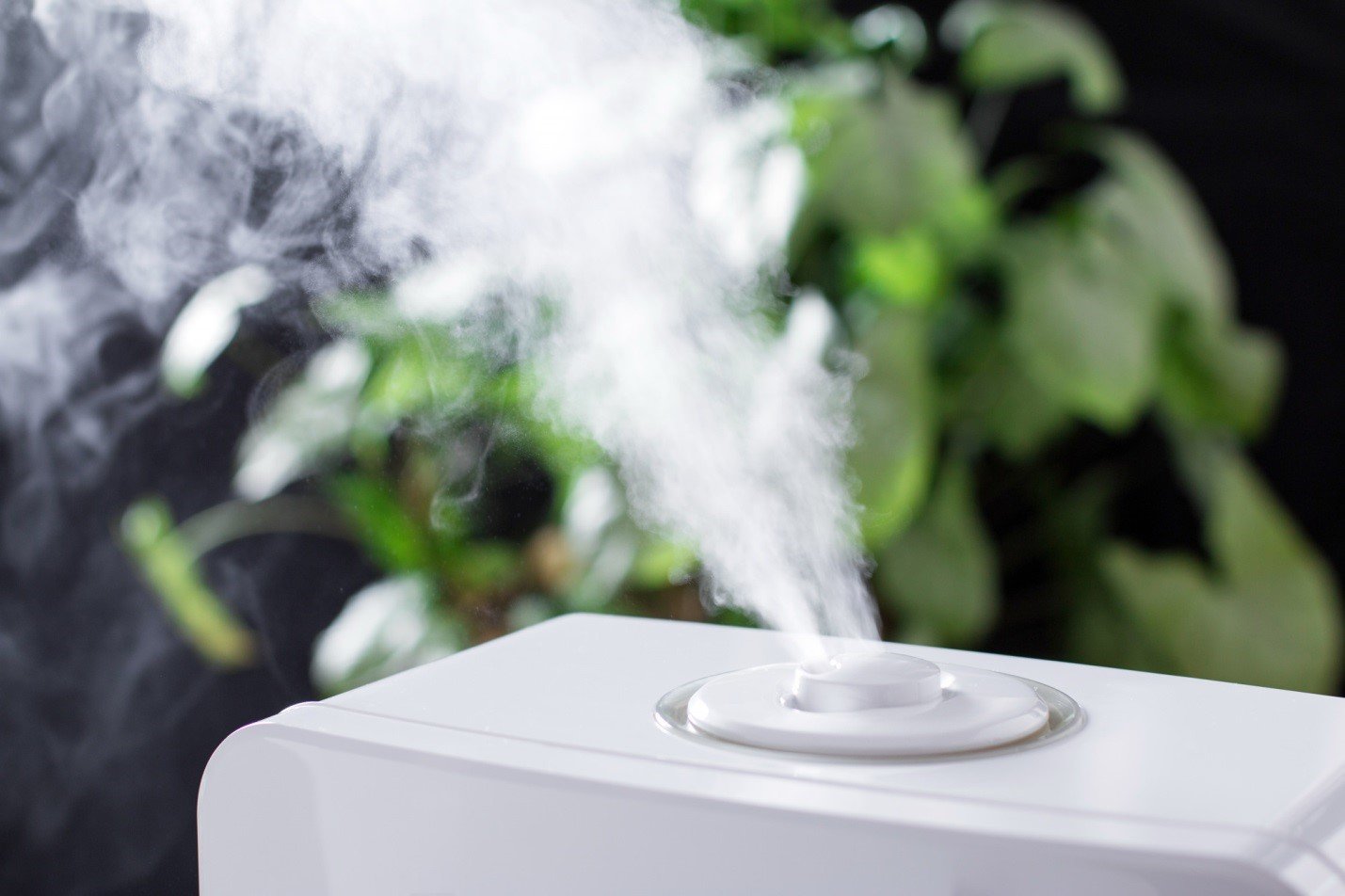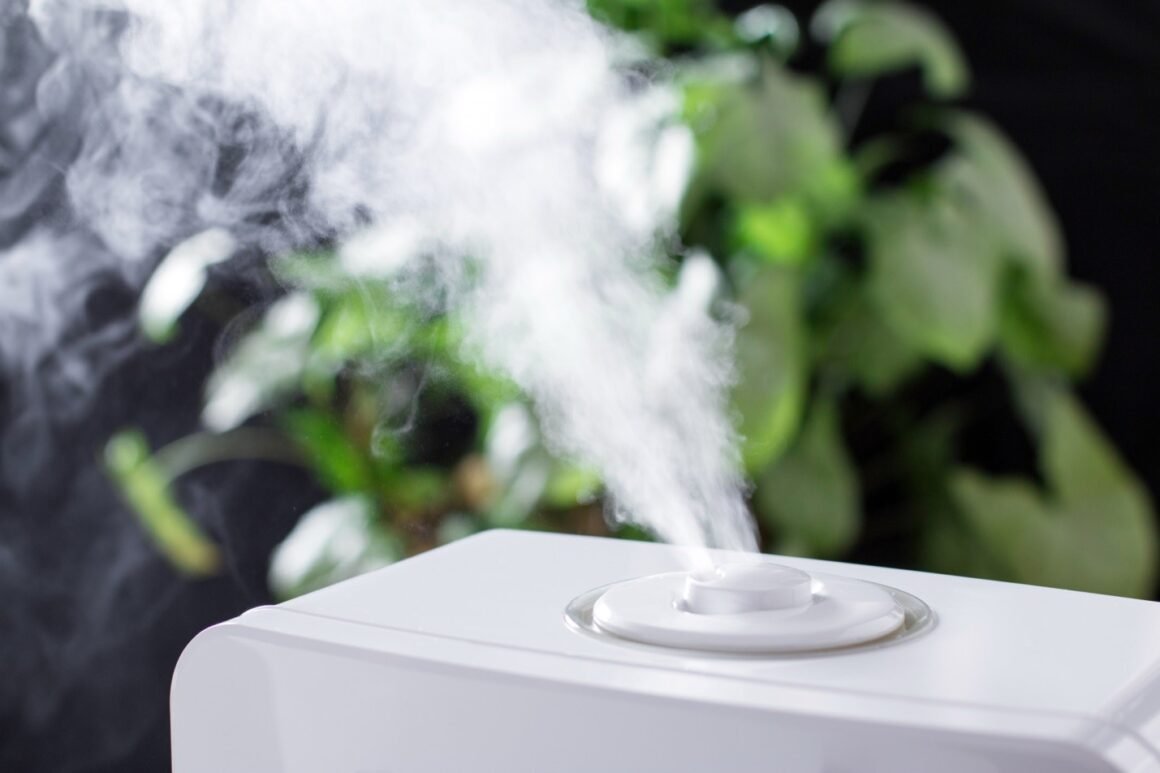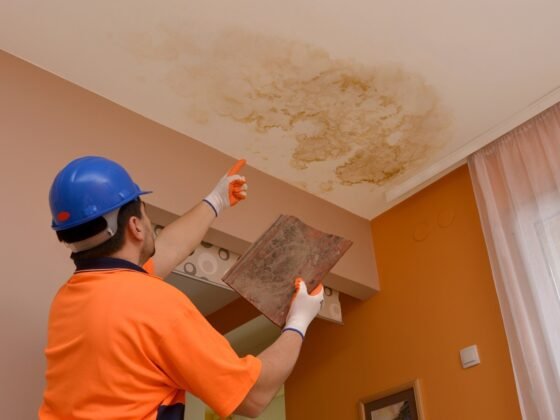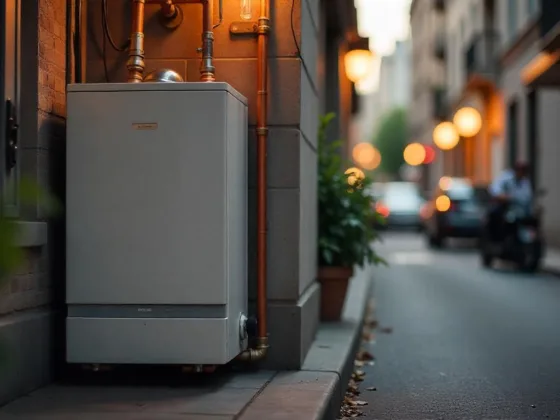Table of Contents Show
Did you know that having too much humidity in your home is dangerous? A dehumidifier should help with this but do they work? Are dehumidifiers worth it?
Things like rotting and structural damage may occur in your home. Having high humidity will also attract unwanted pests and bacteria. Viruses can also spread around your house easier with humidity that is higher than the average.

High humidity can disrupt your body’s ability to cool itself and it can lead to heatstroke. The humidity can make your air muggy, can cause your body to exhaust easily, and make it harder for you to breathe.
Not sure where to start when shopping for a dehumidifier? Are they worth the investment?
We’re here to clear it out for you. First, you need to make sure that what you need is either a humidifier or a dehumidifier.
Read Also:
Dehumidifiers vs. Humidifiers
What is the purpose of dehumidifiers? They remove moisture from the air which collects the humidity from damp areas. It reduces the level of water to a more suitable condition to make it more comfortable.
While humidifiers help in adding moisture to the dry air which can cause things like irritating your skin, eyes, lungs, and throat. You can protect your health and sleep better with humidifiers for sleep.
Do You Need a Dehumidifier?
If your home is ever flooded or you can feel that the wood in your home is going too soft, then you might need to get a dehumidifier.
You should also check if your window has constantly been condensing, if your home has an unpleasant musty smell and if your walls have recurring spring dampness.
You can also get an analog or digital hygrometer to check the humidity level of your home. The ideal humidity is around 45% if it rises to 50%-65%, then it’s time to get yourself a dehumidifier.
Types of Dehumidifiers
The first type of dehumidifier is the refrigerant dehumidifier which works by condensing moisture out of the air. The damp air enters the dehumidifier and blows over a cold evaporator coil. This process cools the air below the dewpoint temperature.
The water collects into a pan where you can either remove it manually or have a hose where it can be automatically removed. The second type is the desiccant humidifier. It operates by passing air through the rotor that contains moisture-absorbent material.
The water collected in the desiccant wheel removes itself by adding heat so the vaporized water is then blown back into the room.
Benefits of Dehumidifiers
Just as a commercial humidifier is beneficial for maintaining optimal humidity levels in large spaces, dehumidifiers offer their own set of advantages. But are dehumidifiers worth it? Should you invest in one? We can help clear your doubts with the benefits listed below:
Lessens Allergens, Bacteria, and Viruses
Using a dehumidifier prevents allergen growth and improves the air quality of your home. It will also help prevent types of bacteria and virus growth. Dehumidifiers will lessen your constant sneezing and sniffling caused by dust and mold.
Farewell Mold and Mildew
Molds and mildew thrive in areas that have 60%-70% humidity. Molds can affect your health and cause you to constantly have a stuffy nose, wheezing, and itchy eyes. While mildew can cause throat irritation and nasal issues like bloody nose and congestion.
Continuous exposure to mold and mildew increases your chances of depression, disorders in the nervous system, and respiratory problems.
Molds can also slowly damage and ruin your clothing, books, dry food, paint, and walls. With a dehumidifier, you wouldn’t need to go through the trouble of having to repair your decaying items and cracked ceiling and floor.
Reduces Your Energy Costs
If a dehumidifier has an Energy Star rating on it, then that dehumidifier can operate in an energy-conscious and time-saving manner to help you save energy.
Most dehumidifiers can automatically shut off when the humidity in your room has reached its desired humidity and also shut off when its internal reservoir is full.
Breathe Better and Improve Your Air Quality
Sometimes, a musty odor might occur in your house due to excess humidity and mold, mildew, and even fungi.
With a dehumidifier, it gets rid of the smell and it also makes it warmer for the comfort of you and your family.
Although there’s no denying that air purifiers are more effective in clearing out the air, dehumidifiers also help kill dangerous things growing in your house.
Reduces Most Pest-Related Problems
By creating an unfavorable environment for them to live in, household dust mites can be slowly reduced with a dehumidifier.
Dust mites feed on your skin cells, can cause a skin rash, and are invisible to the naked eye which makes it more necessary to reduce them. Spiders and roaches can also increase in moist environments.
It’s Portable and Convenient
Some dehumidifiers have mobile capabilities like those that have casters and carrying handles. This allows you to only buy one unit which saves you money from having to buy multiple for all your rooms.
Since dehumidifiers work in all kinds of rooms, it’s convenient to move your dehumidifier from one room to another.
There are also different sizes available for your convenience from small to large units, we recommend the larger units because they have better performance and larger capacity.
Some dehumidifiers need you to constantly clean out filters and the reservoir. There are several that have a convenient feature that automatically flushes out the water or recycles it.
Are Dehumidifiers Worth It?
Are dehumidifiers worth it? The answer is a definitive yes, especially with the right model.
The good health and reduced bills you get from having a dehumidifier are well worth the expense and effort of installing one. A dehumidifier will help keep your house dry and comfortable for the many years that will come.
Now that you have gathered some knowledge and understanding of dehumidifiers, you should decide what type and what unit works the best in your home. Do not let yourself and your house suffer anymore and shop for a dehumidifier.
Did this guide help you? Are you looking for more lifestyle guides like this? Feel free to check our other posts now for more helpful tips and guides!










